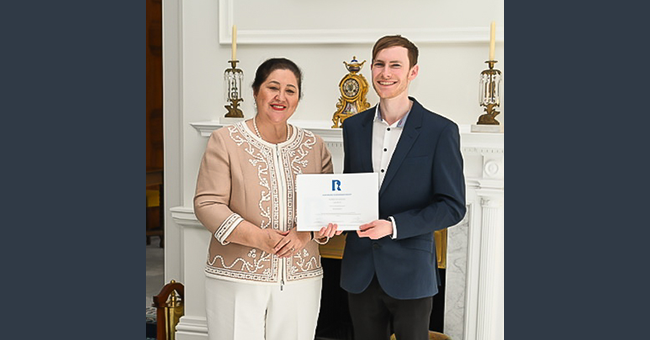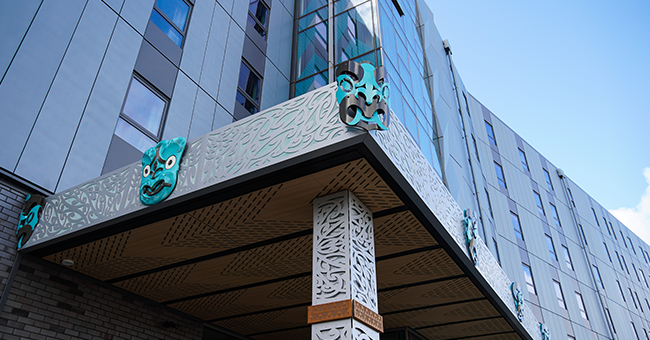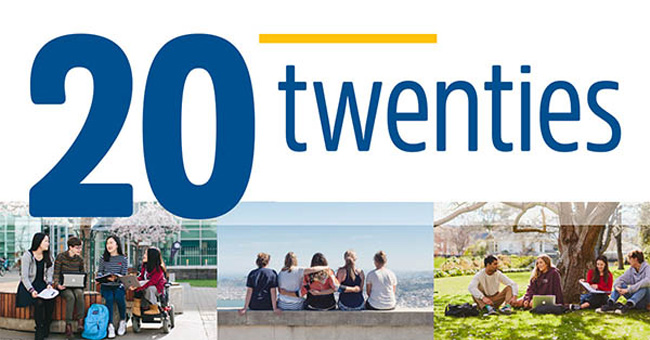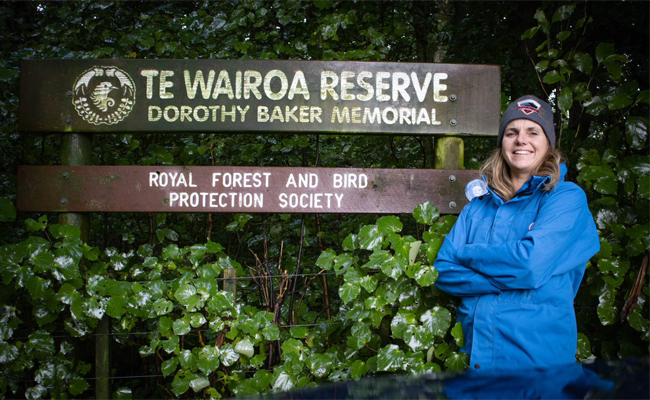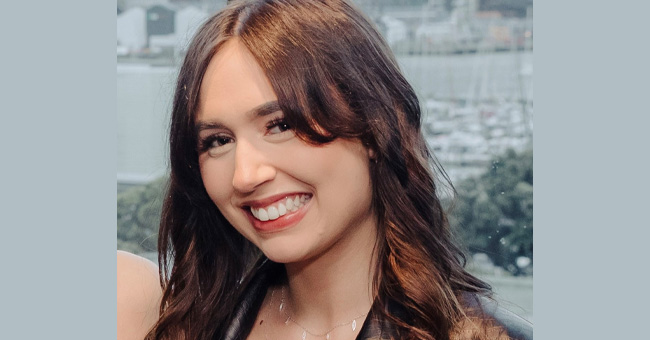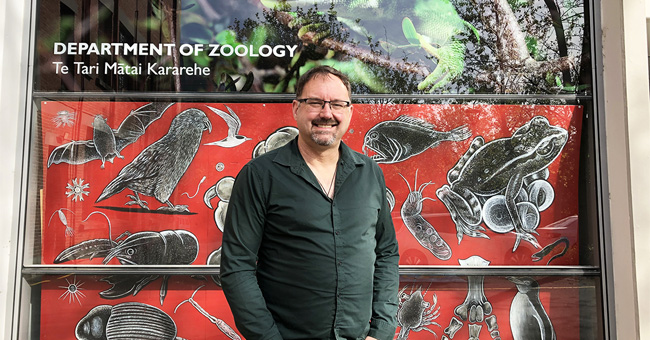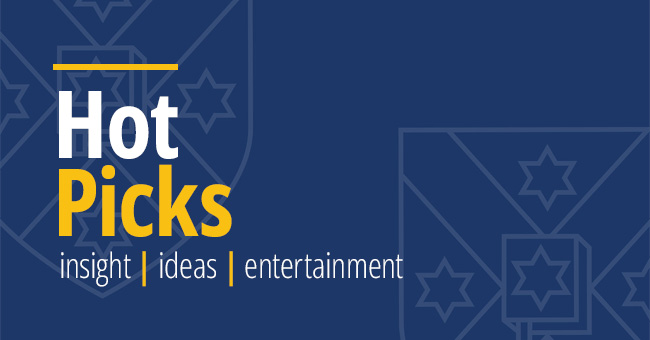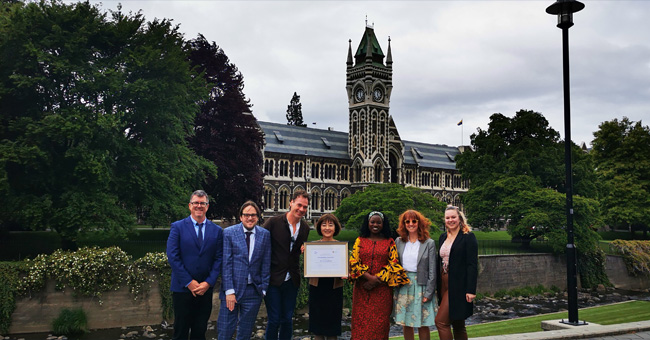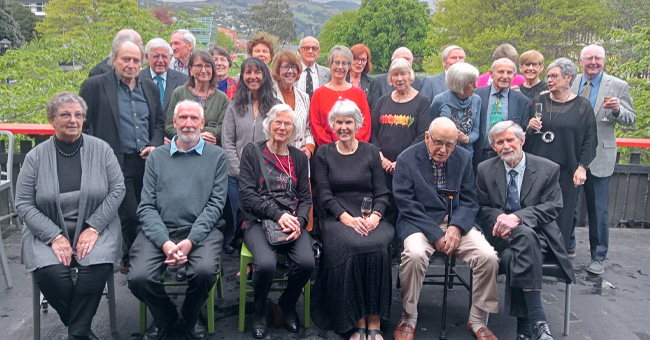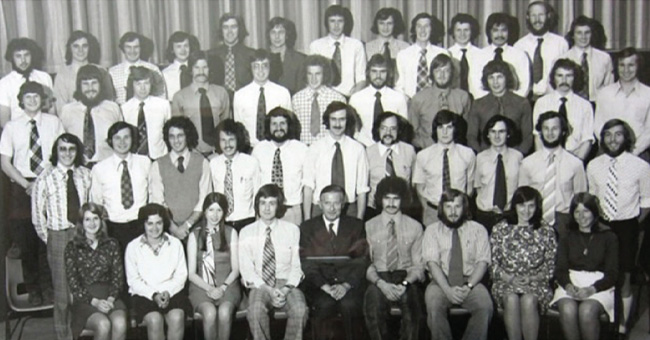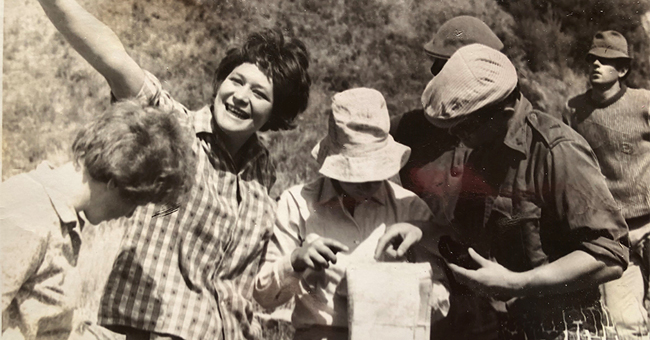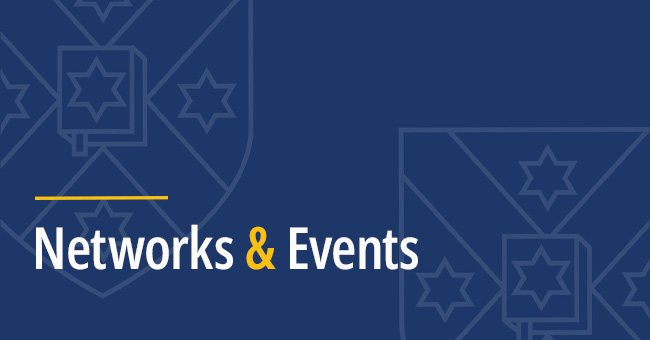@Otago Issue 37
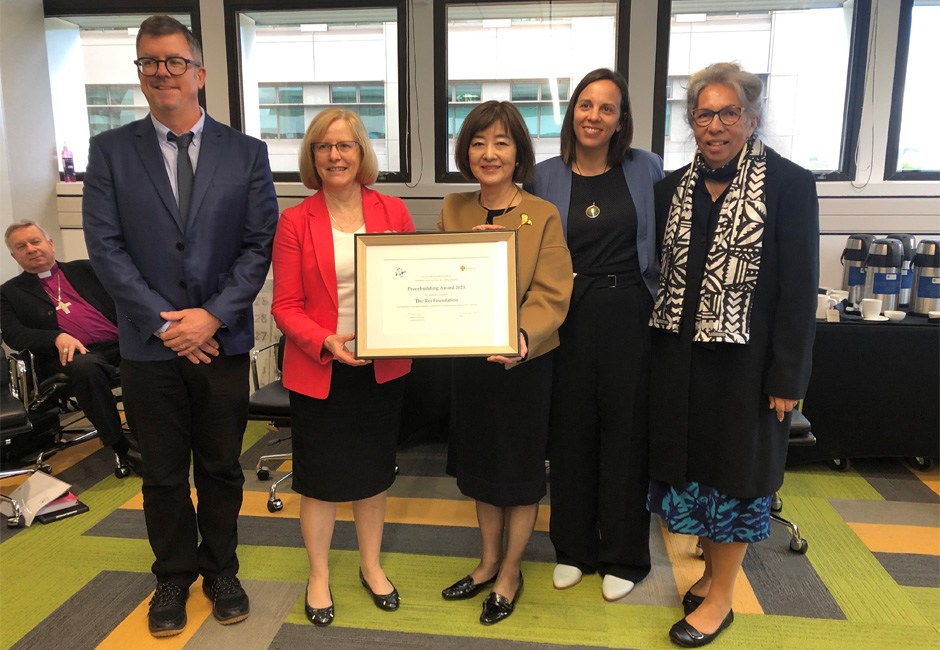
Professor Richard Jackson, Acting Vice-Chancellor Professor Helen Nicholson, Ms Reiko Fukutake, Pro-Vice-Chancellor (Humanities) Professor Jessica Palmer and Dr Jenny Te Paa Daniel at the Peacebuilder Award ceremony.
The visionary work of Rei Foundation, towards supporting students and building peace around the world, was honoured at a ceremony at the University of Otago earlier this month.
Acting Vice-Chancellor Professor Helen Nicholson presented Ms Reiko Fukutake, the founder and Executive Director of the Foundation, with the Peacebuilder Award, which was established in 2019 by Te Ao o Rongomaraeroa/The National Centre for Peace and Conflict Studies (NCPACS).
The award is in recognition of the generous support the Rei Foundation has given Otago through funding 20 NCPACS PhD scholarships over the past decade. It also recognises the significant contribution the Foundation has made to community-based projects helping build peace around the world.
NCPACS established the award to recognise individuals and organisations that have, over a long period of time, made an outstanding contribution to peacebuilding, in Aotearoa New Zealand and internationally. While awarded to the Rei Foundation in 2021, the presentation ceremony was delayed due to COVID-19 disruptions.
“We only need to listen to the radio or read in the media to understand the importance of peace at this time,” says Professor Nicholson. “Te Ao o Rongomaraeroa/The National Centre for Peace and Conflict Studies is a key part of what we need to be doing to promote peace and educate our tauira to be able to go out into the world.
“We know that to do that we need to be able to support our students in a way that enables them to flourish. The provision of scholarships by the Rei Foundation, and Reiko you personally, are a key part of that and we’d like to thank you very much for the very gracious gift you have given to us for more than 10 years to support our students.”
The Rei Foundation was established in Aotearoa New Zealand in 2012, as a charitable company whose vision is to contribute to a world that fosters the wellbeing of all people.
Ms Fukutake says the award acknowledges the work not just of the Foundation but of its partners around the world, without whom its work would not be possible. “With that in mind, we really feel that this award is not just for us, but for them as well.”
NCPACS Director Professor Richard Jackson says the award recognises both the Foundation’s support in funding two PhD scholarships each year since 2013, and its work establishing community initiatives helping to build global peace. This includes projects in Malawi, Cambodia, Japan, Tonga and New Zealand.
“All are peacebuilding-orientated, creating conditions of peace, social development and cultural reclamation.”
Professor Jackson says the scholarships have helped the Centre attract high calibre students, and even those who apply but are not awarded a scholarship from the Foundation often go on to receive Otago scholarships and study at NCPACS. Over time, more than 25 different nationalities have been represented at the Centre.
One of the requirements for the Rei Foundation scholarships is to have a least two years of professional peacebuilding experience.
“The scholarship gives the students three years to do other study and to upskill and develop their knowledge and go back to the work they have been doing in peacebuilding overseas, with renewed skills and experience,” says Professor Jackson.
“Rei alumni are around world doing amazing things – in Indonesia creating peace curriculum for the country, lecturing at Canterbury University. They are all over the place, they’re incredible people. We have a current Rei scholar in Kenya at moment – a Catholic Priest from Rwanda, working in reconciliation and peacebuilding.”

Professor Richard Jackson, Operations Officer Rei Foundation Simon Holden, Raymond Hyma, Ms Reiko Fukutake, Julie Sennoga, Sally Angelson, Sonja Dobson
Ms Fukutake, who is from Kure in Japan, the city next to Hiroshima, says the Foundation believes that the wellbeing of every person in the world means that the world has to be peaceful, and conversely a peaceful world will help ensure that the wellbeing of every person is also fostered.
“Looking around the world today the road ahead may seem unimaginably long and difficult, but even then, we feel that together with our community-based project partners we have to continue to work together on initiatives to try to resolve community issues, all the while respecting the culture, history, customs and values of those communities.”
When she first came to New Zealand, she says she realised it was a country of great diversity.
“At that time my grandchildren were playing and learning together at school with children from nearly 20 different countries, and I observed the children accepting differences in race, religion, language and customs as a matter of course. I thought that this is a country where people who can contribute to world peace can be nurtured.”
After some research, she found out about NCPACS and contacted Professor Kevin Clements, who was the head of the Centre at that time.
“That was the start of this project. At that time, I had two requests for Professor Clements, firstly that research should not just end with the research itself but should be useful for people’s lives, so I wanted to offer a scholarship that combined both academia and practice. Secondly, I wanted students to have finished their master’s degree and have at least two years of experience of working in the real world and to have found some kind of challenge in that work, which they could use to inspire them as they studied for a doctoral degree.”
She says many remarkable students have enrolled, and under the guidance of the professors at NCPACS, of the 20 scholars, nine have already completed their doctoral study, four more will complete soon and six are currently studying and one more is preparing to come to Dunedin.
“The graduates are working hard every day to contribute to world peace by teaching at universities or by training teachers in peace education and I am very proud of them.”
Born eight years after World War II, Ms Fukutake did not experience the atomic bomb, which was dropped on Hiroshima on 6 August 1945, but when she was in primary school, every year on 6 August children went to school and prayed in silence for the souls of those who had died.
“We were educated about the atomic bomb, about the horror of the bombing and its short and long-term impacts on people, and about how it should never be used again. We also learned a lot about the Vietnam War, which was broadcast daily in newspapers and on television when I was young. And now I continue to see the events that are happening in Palestine and Israel, in Ukraine and Russia.
“When I see images of war and conflict that are now unfolding in reality, I wonder how long humans will continue to repeat the same thing over and over again.
“I sincerely hope that not only the Rei Foundation scholars but all the students who studied and were nurtured at NCPACS here at the University of Otago will continue to contribute to world peace.”
You can read more about the Rei Foundation alumni and scholars here Rei Foundation scholars, Our People, National Centre for Peace & Conflict Studies | University of Otago
